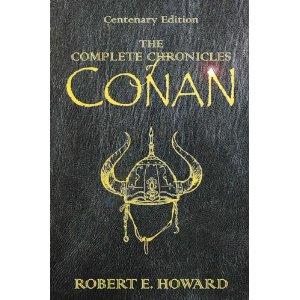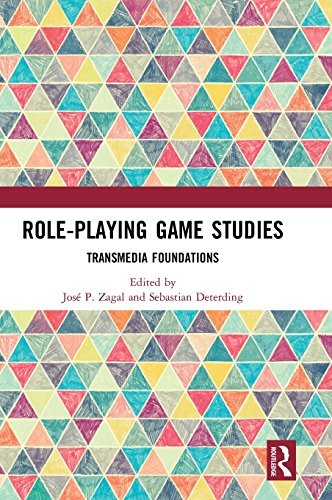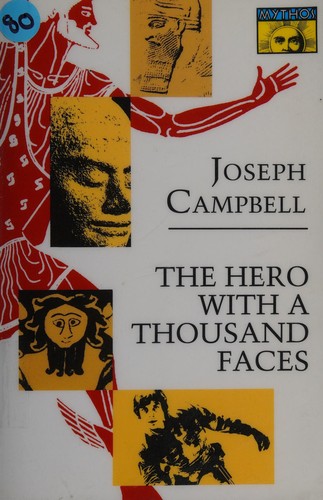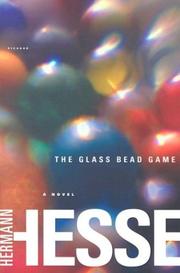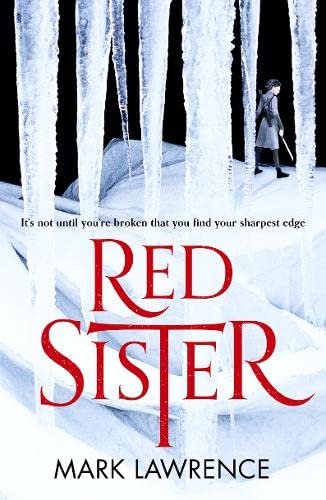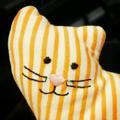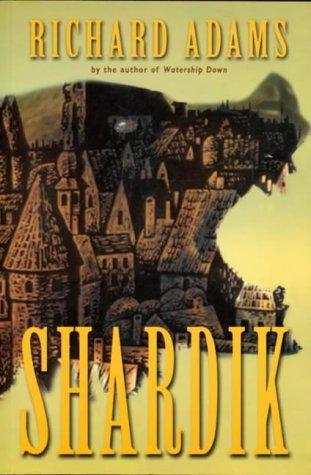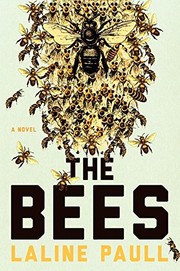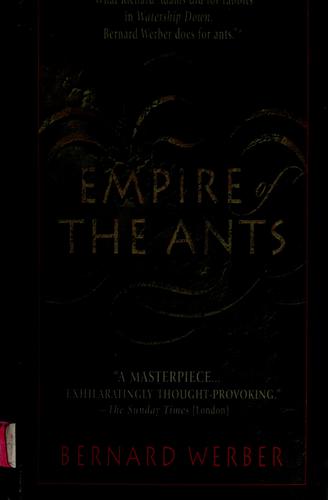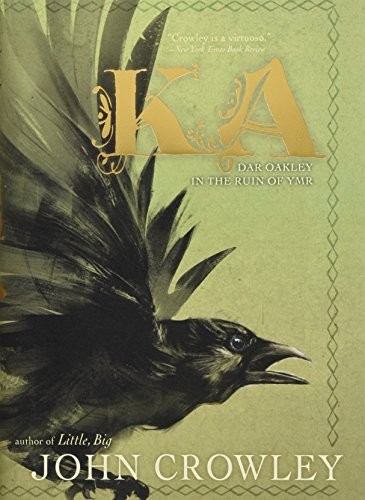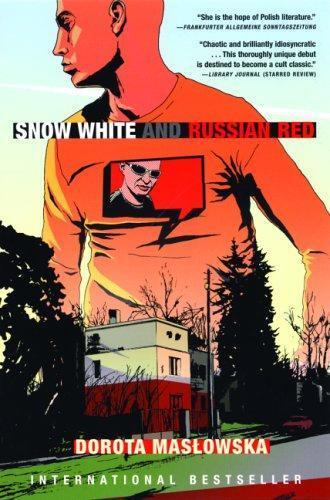Albeit an interesting read, filled with wonderful writing, thoughts and several "perfect sentences", I can't help but feel let down by the blandness of the clichéd world and characters. Pretty predictable in most cases, the world-building is uninspiring and the antagonists are one-dimensional. <spoiler>The world seemingly tries not to be Earth, yet they use the Arabic alphabet. That was pretty unnecessary and immersion shattering. Then, the main villain of this book is evil just because he is, fueled by his genetics that make him strong way above average ("fingers around which a child can't wrap their own fingers", and then predictably he gets possessed by demons and becomes even eviler. Give me a break.</spoiler> None of the characters seem to matter or their deeds to carry enough weight. It is obvious what everyone's next move will be, there's no surprise, whole most of the storyline could have happened without them. …
User Profile
Hi! I swim between written words and soar to the heights their wisdom grants me. I'm a book lover with a penchant for fiction, particularly in the speculative, esoteric, and sci-fi genres. Nowadays I find the most solace between the pages of animal protagonist novels. However, my curiosity extends beyond these genres and I am open to anything. Recently, I've been discovering the timeless treasures of some old classics.
I am invested in storytelling, creative writing, education and TTRPGs. Narratives that challenge my perception and sparkle my imagination not only make the journey through life worth the struggles, but add so many parallel experiences that I feel like a multitude. I'm here to celebrate the magic of consciously constructed wor(l)ds and seek new adventures with every page turned.
Let's connect to engage in discussions and fresh discoveries! You can also follow me on Mastodon.
This link opens in a pop-up window
Akasha's books
User Activity
RSS feed Back
Akasha reviewed Red sister by Mark Lawrence (Book of the Ancestor, #01)
Review of 'Red sister' on 'Storygraph'
4 stars
<spoiler>There are some other clichés, like an implied sci-fi past, which is fine though not much is revealed, and two types of magical power sources: the one that can be "tapped" into at the risk of corruption, and the other that grants more power while in the proximity of some sort of "phlebotinum". Yet, my biggest issue with the whole book was obviously the troublesome eugenics trope. Not only is it boring that some people are different without merit, but it is a stupid and dangerous idea, as anyone with common sense has already realised. This idea doesn't help the narrative as it doesn't involve me, as a reader, deeper into the lore. It doesn't serve as a key element to the plot, the book could have done without it. I just shake my head whenever it is mentioned. And then there are "blood mixings" with some of the people being "pure" while others even a "perfect mix" of sorts. Don't get me wrong: the book is not racist in the modern sense, but this idea – that some are born to be better in some way than those of different bloodlines – is just lame to me and averts me from the world of the novel.</spoiler>
In many ways, it is an ambiguous novel, with some qualities shining through the lines, while some problems drag it down into the mediocre. Exposure is often written just a few breaths before they become relevant, while some events are embedded throughout and serve as a genuine surprise in retrospect. It often reads like a young adult novel, with ideas that have been old and overused more than twenty years ago. Yet, there are plentiful gems inside it in terms of engaging, masterful writing and witty thoughts that make it rise above the average young adult novel (and increase my rating). For that alone, it was a worthwhile journey.
Sadly the ending, while pretty much sudden and a cutting off with a cliffhanger, doesn't draw me to explore further.
Akasha rated The Kaiju Preservation Society: 4 stars
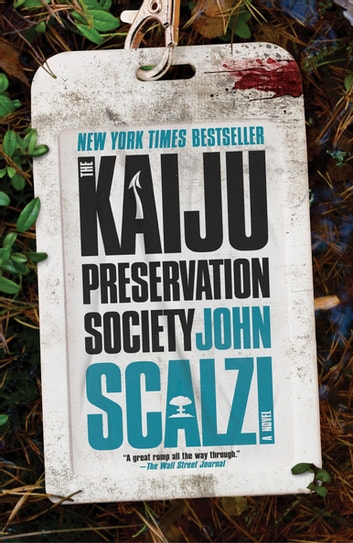
The Kaiju Preservation Society by John Scalzi
When COVID-19 sweeps through New York City, Jamie Gray is stuck as a dead-end driver for food delivery apps. That …
Akasha rated The blind assassin: 5 stars
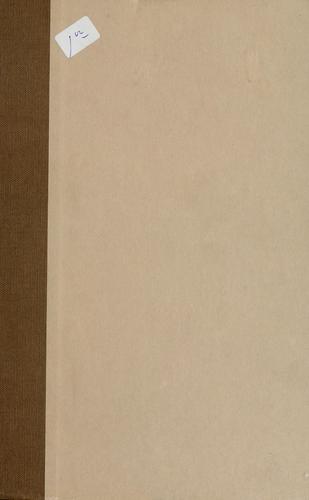
The blind assassin by Margaret Atwood
More than fifty years on, Iris Chase is remembering Laura's mysterious death. And so begins an extraordinary and compelling story …
Akasha rated The Three Stigmata of Palmer Eldritch: 5 stars
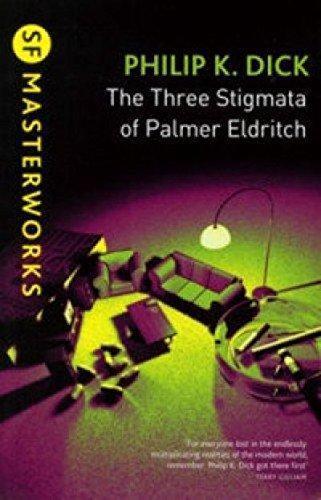
The Three Stigmata of Palmer Eldritch by Philip K. Dick
The Three Stigmata of Palmer Eldritch is a 1965 science fiction novel by American writer Philip K. Dick. It was …
Akasha rated The Bees: A Novel: 5 stars
Akasha reviewed Empire of the ants by Bernard Werber
Review of 'Empire of the ants' on 'Storygraph'
2 stars
The review is based on the Hungarian translation. Admittedly, it might truly be terrible compared to the original, but I cannot imagine that all of the book's faults are to be blamed on a (debatably) bad translation.
The novel is bold in its philosophical ambition yet pathetically weak in the execution of those ideas. The human part of the book is not only bland, filled with one-dimensional characters who act and think upon absolutely improbable motivations, but completely disrupt the pace of the otherwise somewhat interesting ant adventure. The reader's engagement with the latter is time and time again violently cut back to the offensively absurd charade of the absolutely unbelievable humans, who only seem to serve as a semi plot setup for the sequels - yet their shenanigans take up at least one-third of the book if not more.
The scientific, political and philosophical contexts are, in most cases …
The review is based on the Hungarian translation. Admittedly, it might truly be terrible compared to the original, but I cannot imagine that all of the book's faults are to be blamed on a (debatably) bad translation.
The novel is bold in its philosophical ambition yet pathetically weak in the execution of those ideas. The human part of the book is not only bland, filled with one-dimensional characters who act and think upon absolutely improbable motivations, but completely disrupt the pace of the otherwise somewhat interesting ant adventure. The reader's engagement with the latter is time and time again violently cut back to the offensively absurd charade of the absolutely unbelievable humans, who only seem to serve as a semi plot setup for the sequels - yet their shenanigans take up at least one-third of the book if not more.
The scientific, political and philosophical contexts are, in most cases throughout the text, misguided. The writing is like that of a child's who doesn't re-read what they have written - too often does the author just come up with a solution, or even worse, a complete undoing to everything leading up to that point. When the deus ex machina approach proves too much for the writer's imagination, he explains events away by literally saying "somehow" or managing the events off-page.
Soon it becomes apparent that there are no stakes in the narrative. Important characters are disposable, common sense and reasoning are alien to the world, time (and oftentimes even space) is so relative that you give up on trying to understand why it is even being tracked. The plot is ultimately so ludicrous and hole-ridden that it is only shadowed by how badly the author researched the science behind it.
The "wisdom" of the book is painfully inconsistent. On the one hand, we read about the whimsical appeals to inclusion, a celebration of diversity, the condemnation of atrocities throughout history, and other utopia-chasing ideals (which I am by no means against). Yet, the pages are scattered with implications of bigotry towards non-western cultures, meaningless acts of aggression, and literal (human) physiognomy. I'm sure I'm leaving out a couple, as the most common gesture I made while reading was shaking my head in disbelief - something I don't remember ever doing above a book, and while doing so, I must have suppressed many alarming sentences. (To be clear: I wouldn't even have finished reading this if a close friend didn't ask me to do so in order to discuss it.)
The only good thing about this is the attempt (hence an extra star) to showcase the life in the "insectocosm". However, even that is flawed, filled with fanciful misinterpretations, inconsistencies and outright fabrications (while pretending to be selling the truth).
While the title seems to be mainly aimed at a younger audience, I would strongly suggest any parent against giving it to Their child, as they would risk implanting misconceptions about sensitive scientific topics (such as evolution, which is only one of many concepts the book pathetically distorts). It is also pretty dark at times, but that I would otherwise call an advantage, was it not for the whole experience being a distasteful struggle.
This was a true pain to read, filling me with outrage. I cannot imagine reading the rest of the series, especially when the consensus seems to be that the books only get worse. My next read will be "The Bees" by Laline Paul, hoping that it will counterbalance the void I received from suffering through the infantile storytelling of "Empire of the Ants" with something much more pleasant and fulfilling.
Akasha rated Ka: Dar Oakley in the Ruin of Ymr: 5 stars
Akasha rated Mesepszichológia: 5 stars
Akasha rated Snow White and Russian Red: 4 stars
Akasha rated Mausritter: 5 stars
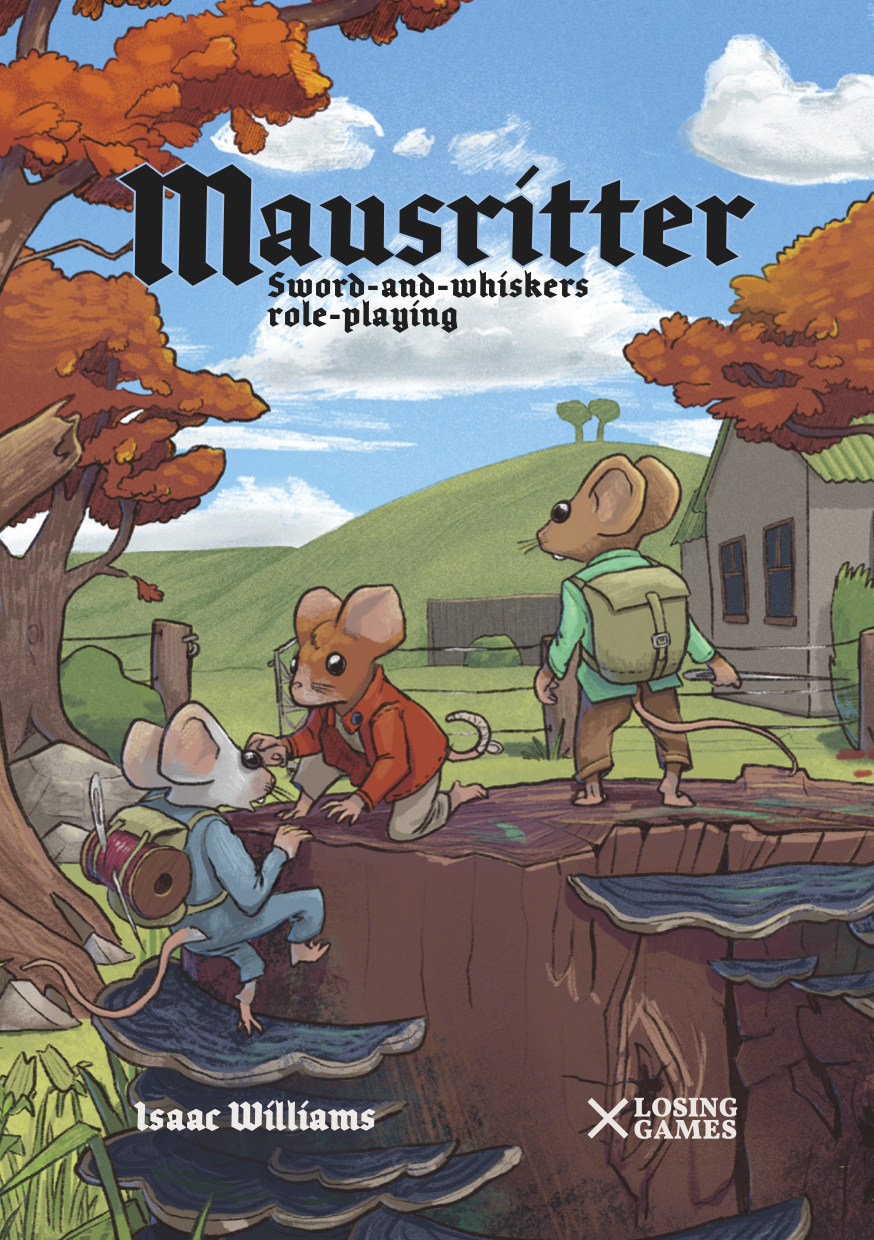
Mausritter by Isaac Williams
Take up the sword and don the whiskers of a brave mouse adventurer in Mausritter, a rules-light fantasy adventure roleplaying …
Akasha rated Death's End: 2 stars
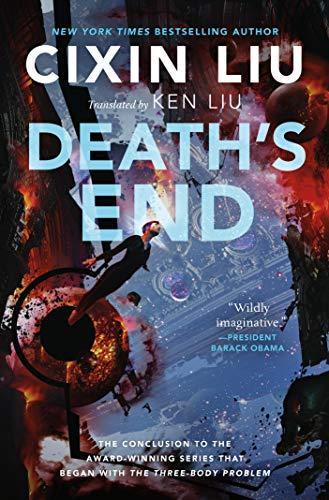
Death's End by Cixin Liu (Remembrance of Earth’s Past, #03)
Death's End (Chinese: 死神永生, pinyin: Sǐshén yǒngshēng) is a science fiction novel by the Chinese writer Liu Cixin. It is …
Akasha rated The Dark Forest: 3 stars
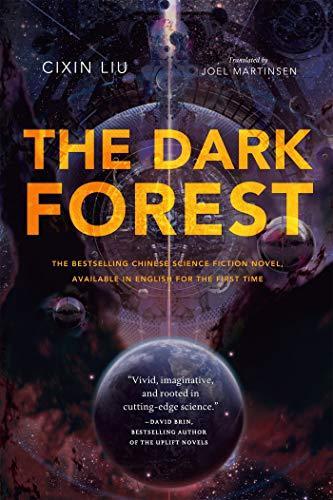
The Dark Forest by Cixin Liu (Remembrance of Earth's Past #2)
"With the scope of Dune and the rousing action of Independence Day, this near-future trilogy is the first chance for …
Akasha rated Secret Garden (Children's Classics): 5 stars
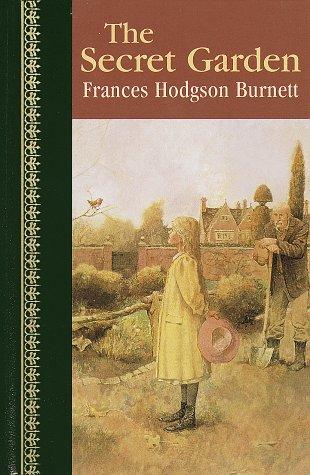
Secret Garden (Children's Classics) by Frances Hodgson Burnett
The Secret Garden has awakened the spirits of four generations of children to the hope of growth and rebirth as …
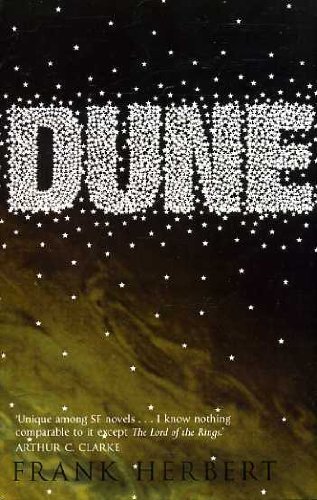
Dune by Frank Herbert (Dune, #1)
Dune is a 1965 science-fiction novel by American author Frank Herbert, originally published as two separate serials in Analog magazine. …
